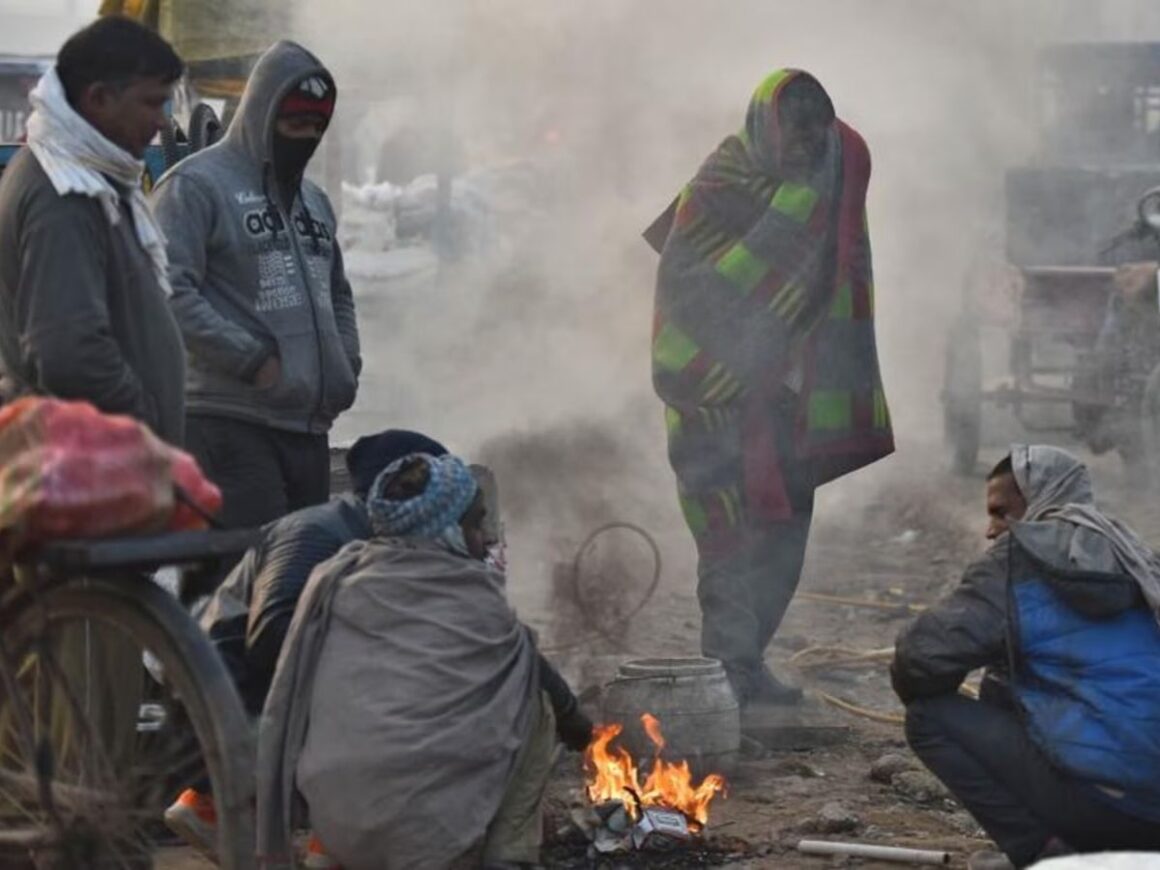New Delhi, September 11: India, already grappling with the devastating effects of severe summers, is now facing the prospect of even harsher winters (cold wave). According to the Indian Meteorological Department (IMD), temperatures could plummet to as low as 3°C in certain regions, a significant departure from historical averages.
The IMD has pointed to the onset of the La Niña phenomenon in September 2024. Which is expected to cause a significant drop in temperatures and increased rainfall across the country.
According to the IMD’s announcement on September 2, 2024, La Niña is likely to result in a severe winter. Typically, La Niña begins between April and June, strengthening between October and February, and can last from nine months to two years. It is driven by strong easterly winds pushing ocean waters westward. Which cools the ocean surface. This contrasts with El Niño, which brings warmer conditions.
Speaking to the media, IMD experts have warned that the upcoming winter season could be characterized by prolonged periods of cold waves, accompanied by dense fog and icy conditions. This would have far-reaching implications for various sectors of the Indian economy, including agriculture, transportation, and public health.
Climate Change To Be Blamed Too?
This unexpected turn of events is a direct result of the changing climate. As the planet warms, weather patterns become increasingly unpredictable. The extreme heatwaves experienced during the summers disrupt the delicate balance of the atmosphere, leading to unforeseen consequences during the colder months.
Now let’s take a look at how this change in temperature will affect the country.
Impact on Agriculture
Agriculture, a cornerstone of India’s economy, is particularly vulnerable to extreme weather events. The anticipated cold wave could pose a serious threat to crops, especially those that are sensitive to frost. Farmers may need to adopt protective measures such as covering their fields with plastic sheets or using heaters to shield their plants from the harsh conditions.
READ ALSO: Here’s Why IMD Has Advised People Against Drinking Alcohol In North India During The Cold Wave
The cold wave could also affect the production of essential commodities like wheat and pulses, leading to price hikes and food shortages. This would have a cascading effect on the entire food supply chain, impacting both consumers and producers.
Impact of cold wave on Transportation
The cold wave could disrupt transportation networks, especially in the northern and western parts of India. Roads and highways may become impassable due to snow and ice, leading to delays and traffic congestion. Air travel could also be affected. As cold weather can impact aircraft performance and operations.
Impact of cold wave on Public Health
Extreme cold can have adverse effects on human health, particularly among vulnerable populations such as the elderly, children, and those with underlying health conditions. Exposure to cold temperatures can increase the risk of respiratory infections, hypothermia, and cardiovascular problems.
To mitigate the health risks associated with the cold wave, it is essential to take precautions such as staying indoors during the coldest hours of the day, wearing warm clothing, and consuming adequate fluids to stay hydrated.
Preparing for the Cold Wave
As India braces for the harsher-than-expected winters. It is crucial to prepared. Here are some tips for staying warm and safe:
1. Insulate your home: Ensure that your home adequately insulated to retain heat and reduce energy consumption.
2. Have a winter emergency kit: Prepare a kit containing essential supplies such as blankets, food, water, and medications.
3. Check on vulnerable neighbors: Reach out to elderly or isolated individuals to ensure their well-being.
4. Stay informed: Keep up-to-date with the latest weather forecasts and advisories.
The IMD has urged citizens to prepare for the impending winter by securing adequate heating, stocking essential supplies, and staying updated on weather reports. The government also expected to implement measures to minimize the effects. Particularly in vulnerable regions.
“The upcoming winter will challenge many communities across India, particularly in rural and remote areas, where colder temperatures and increased rainfall could pose significant difficulties. However, with timely preparation and accurate information, the impact can be managed,” IMD said in a statement.
Follow HealthWire.com for all the latest health news and developments from around the world.

